The Colosseum is the best amphitheatre of the classical times. The biggest ever before the very first irreversible amphitheatre of Rome is positioned in the facility of Rome, in Italy. Its building began in between 70 and 72 AD, under the emperor Vespasian and also was completed under the emperor Titus in 80 AD.
Colosseum might hold, it is approximated, in between 50,000 and 80,000 viewers, having an audience of some 65,000; it was used for gladiatorial contests and public spectacles such as mock sea fights (for just a brief time as the hypogeum was quickly completed with systems to support the other activities), animal hunts, executions, re-enactments of well-known fights, and dramas based upon Classical folklore. The structure stopped to be utilized for entertainment in the early middle ages period. It was later used for such functions as housing, workshops, quarters for a spiritual order, a fortress, a quarry, and a Christian shrine.
Although partly messed up by earthquakes and stone-robbers, the Colosseum is still a renowned icon of Imperial Rome. It is among Rome’s most popular traveler destinations as well as has connect to the Roman Catholic Church, as each Excellent Friday the Pope leads a torchlit “Method of the Cross” procession that begins in the location around the Colosseum.
How was the Colosseum used in the Middle Era?
The majority of the factor for the enormous structure spending plans for Imperial Rome involved the spoils of conquest, and taxes paid by the nations managed by Rome. While the circulation of funds (and the accessibility of servants) continued, structures were well (fairly) preserved, or taken down and changed.
When the Empire collapsed, the circulations of brand-new money likewise collapsed; new structure stopped, even structures that were partly total. Upkeep undoubtedly slowed, if not stopped. As Rome were vulnerable to earthquakes, structures were regularly harmed or damaged and were left that method.
With completion of the empire, Rome decreased substantially, and the culture altered with the increase of Christianity. Gladiatorial games were out, and there were barely people rich enough to sponsor such grand entertainments or great deals of people to enjoy them anyhow. However the Colosseum was used in little bits of pieces through the Middle Ages, and not simply as a practical quarry for its marble confrontings. A little church was constructed into it rather at an early stage, parts of open area were used as graveyards, and the numerous specific niches and chambers saw usage as houses and stores. This sort of use just pertained to an end in the 18th century, when the Pope stated it a holy site, on the premises that Christian martyrs had actually passed away there. At it ends up, that’s most likely not real of the Colosseum, however that marks the structure’s real relocation from an occupied structure to a historic landmark.
After the fall of the Roman Empire, the Catholic Church turned most pagan sites into Churches to maintain exactly what they might (Pantheon). The city constructed on top of exactly what existed (that’s why the roadways around the Colosseum today are some 20 feet greater than the initial roadways to-from the Colosseum.
Constantine constructed the very first St Peter’s Basilica on Vatican Hill, however the first “Vatican” for the Church (or head office in Rome) was at St John Lateran. When throughout the Renaissance, the new Vatican City and the new St Peter’s Basilica was being built, a great deal of the building materials were ‘repurposed’ from the Colosseum (which had actually been a Church residential or commercial property for a long period of time).
The Colosseum was well constructed to last for 2000 years, even in the state it remained in.

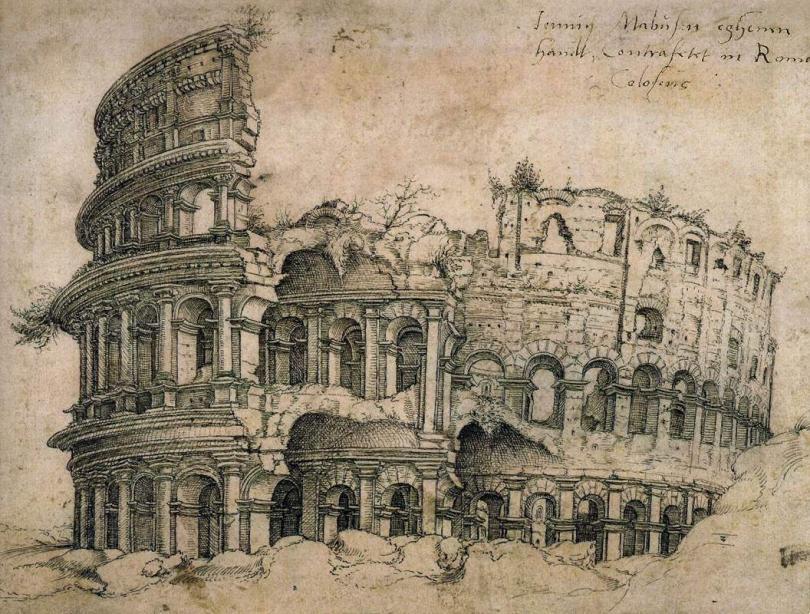
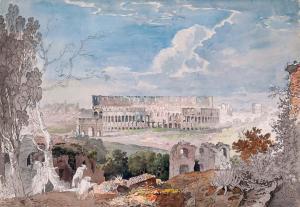
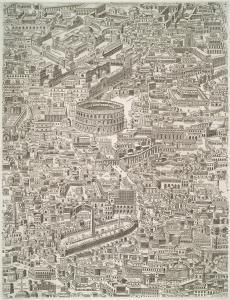
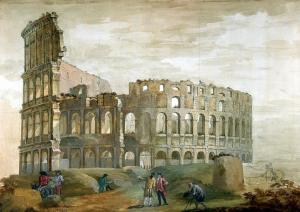
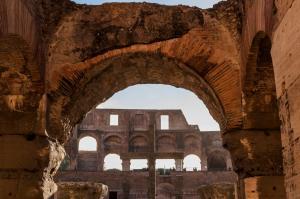
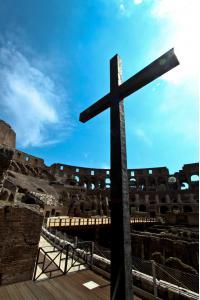
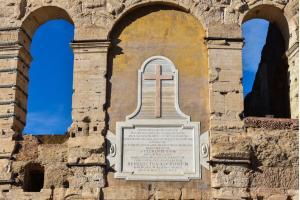
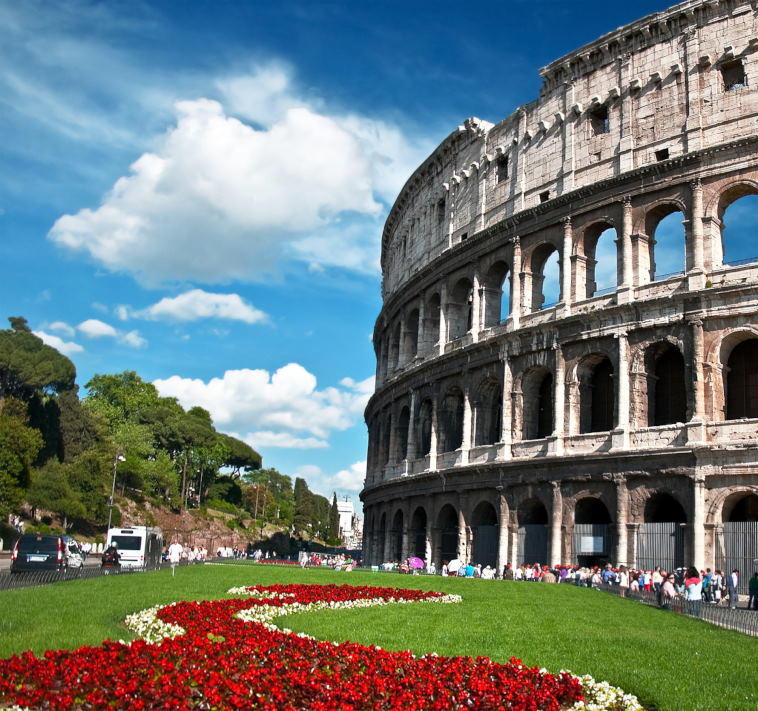
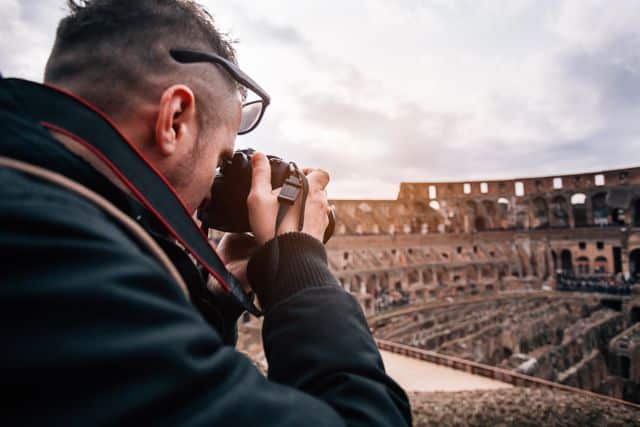
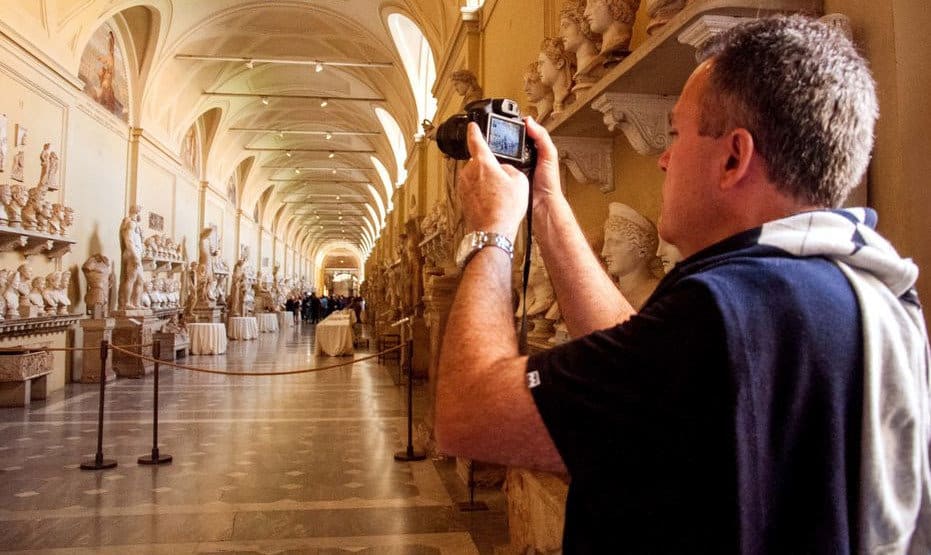
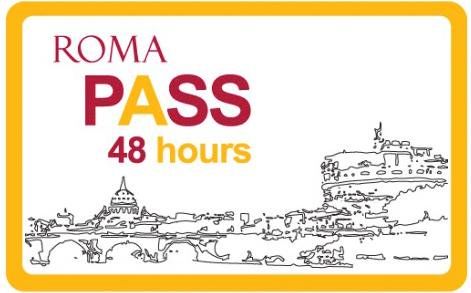
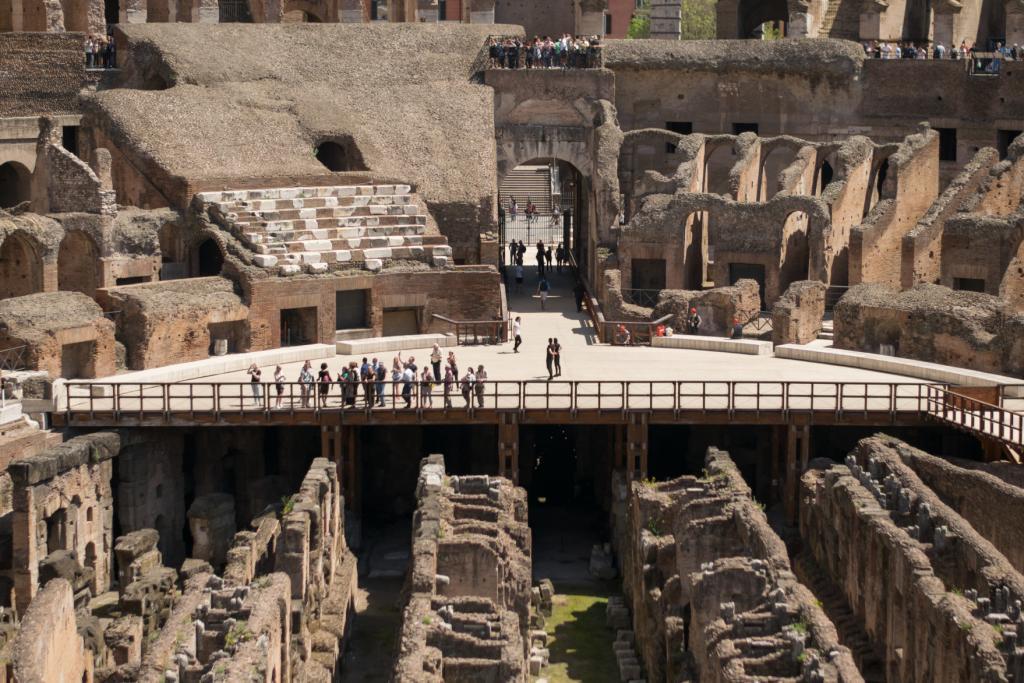
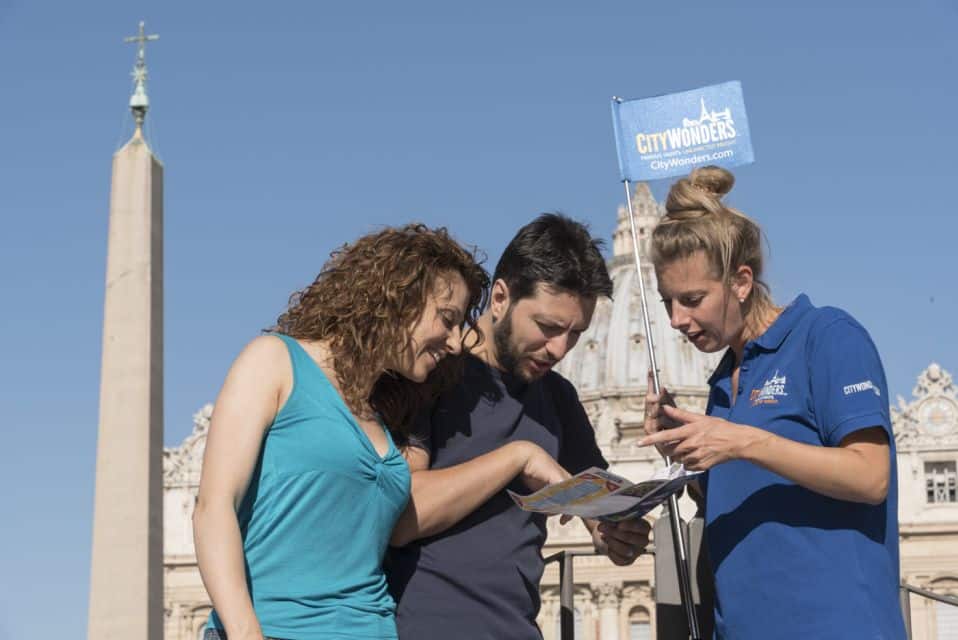
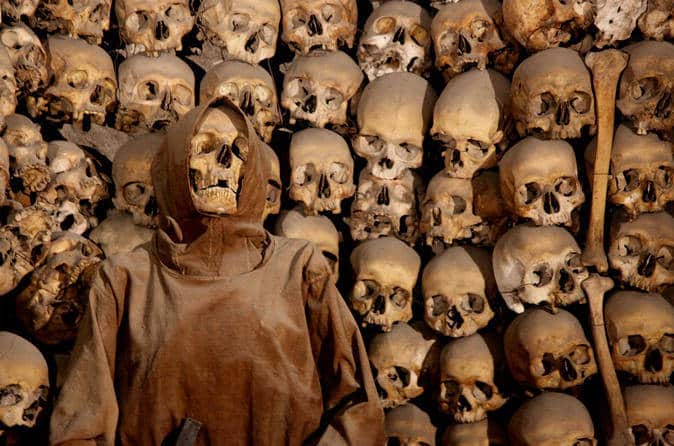
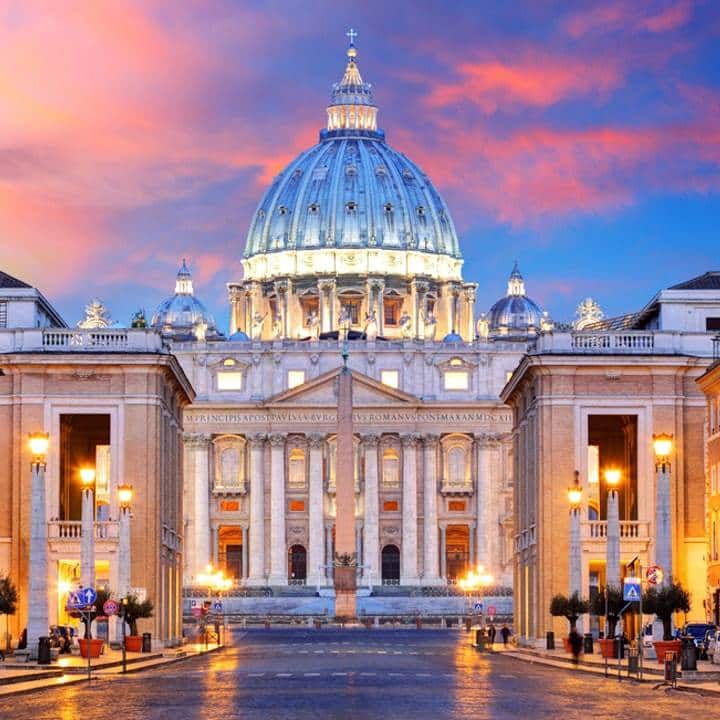
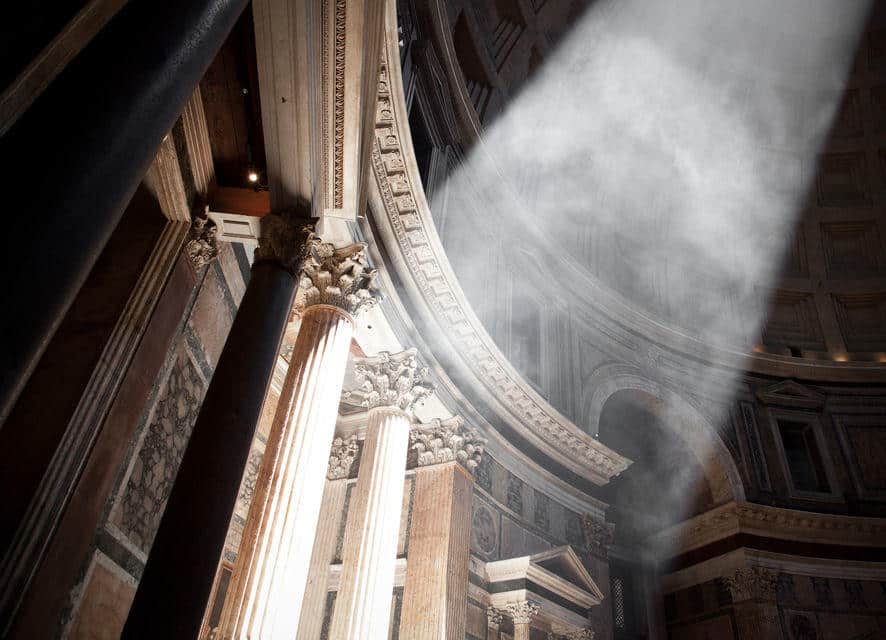
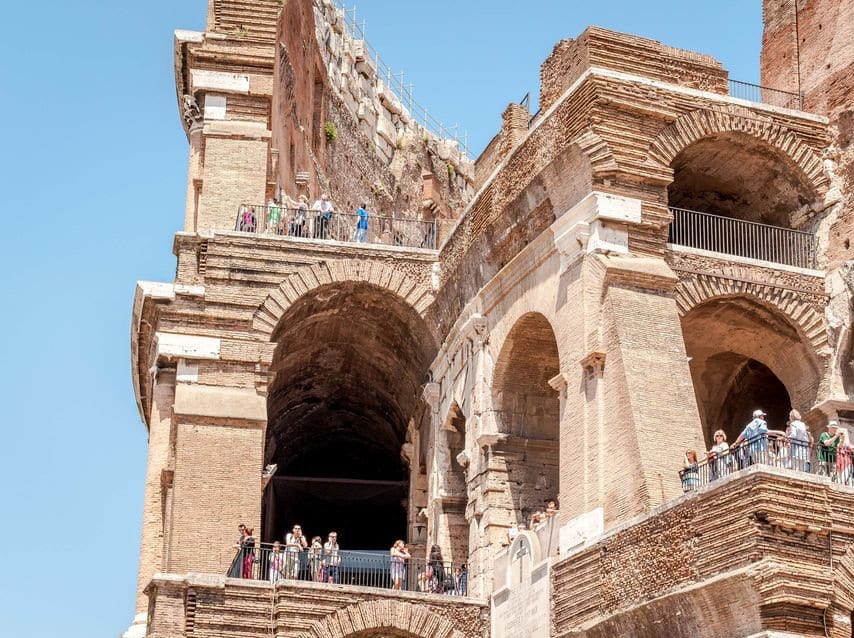
Leave a Comment